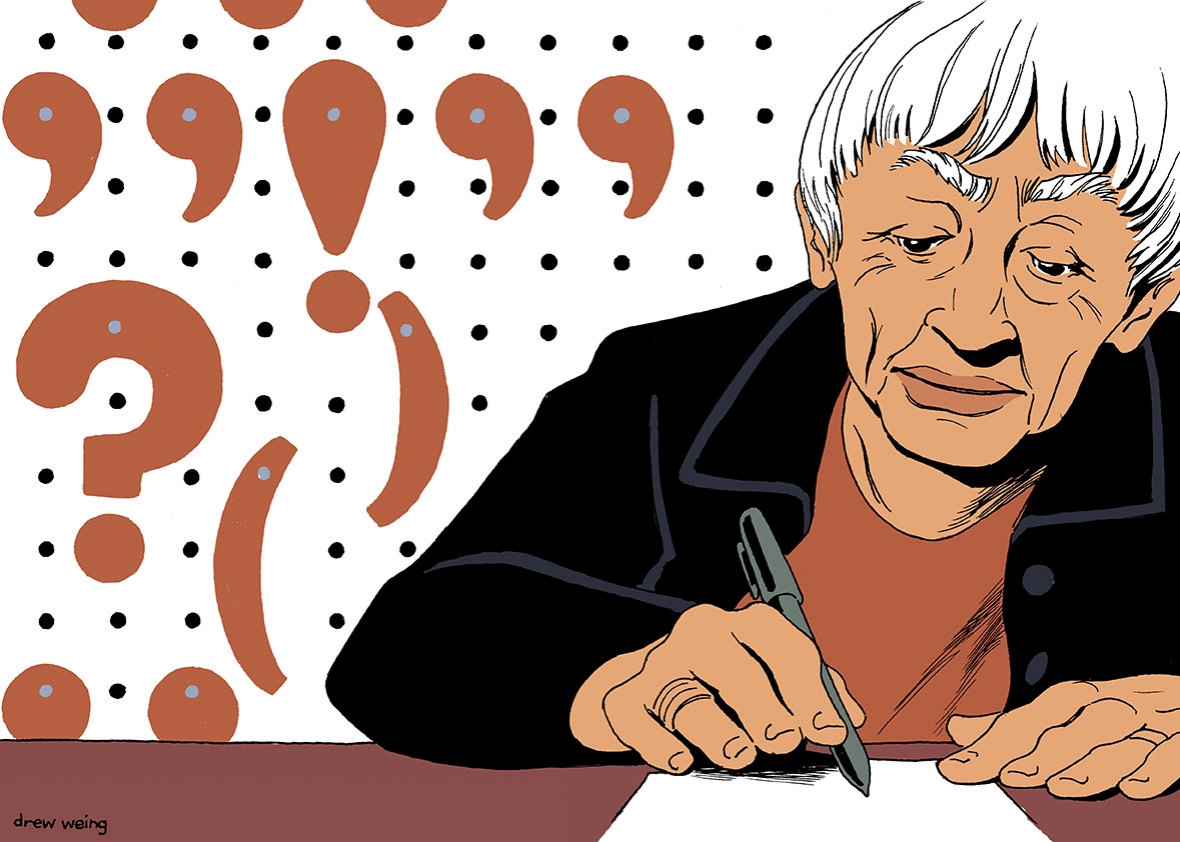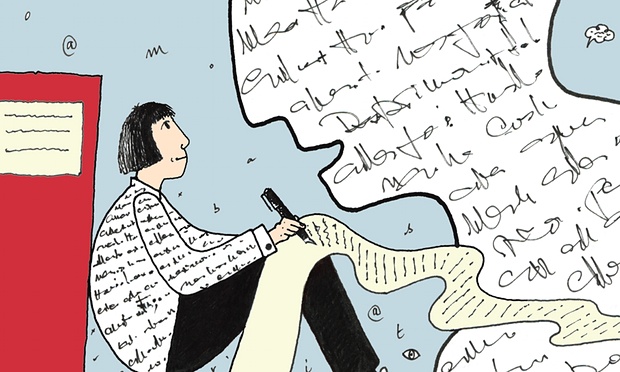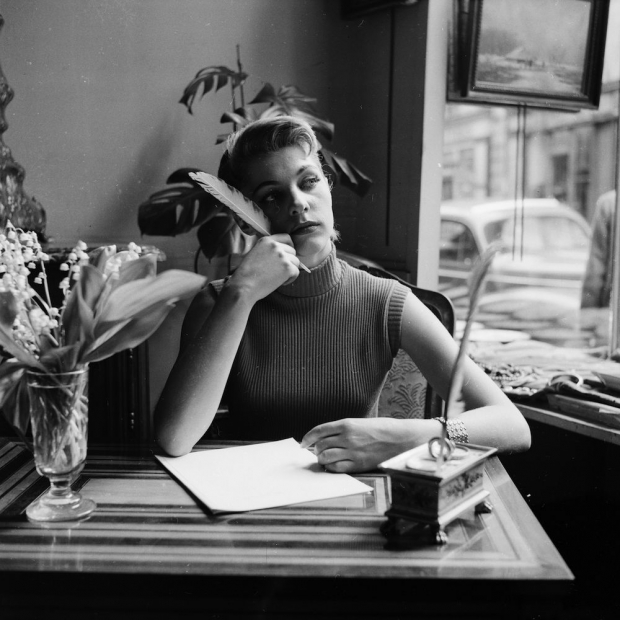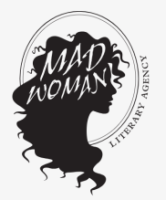Write with an editorial eye
By Marcella Simmons
Freelance Writer
firstwriter.com – Thursday November 20, 2014
Before I even start telling you what you should do to become a better writer, let me tell you a story about my latest book project first, and why what I am about to say is so important. A writer needs to have an editorial eye, that sixth sense, that expertise to make that story, article or book as error-free as possible before submitting to any publisher. For one, no-one knows that work of art better than the writer. It takes more than once, more than twice, even more than ten times sometimes to produce a manuscript that is 100 per cent free of errors, typos, misspelled words, and unfinished sentences or paragraphs.
Recently I had a book published. I wrote it, rewrote it at least three times, edited and revised it at least five times, and the publisher hired an editor to revise and edit it, and then she returned it to me for further proofing before going to press with it that one last time.
I almost lost my publishing contact because I not only proofed it but rewrote two chapters in their entirety and added several pages to it in certain chapters. I edited it to the best of my ability, and hoped that it would get one final proofing before going to press. Months later, both my personal and professional experience as a reader and writer sent shivers up my spine in the first chapter when typos started cropping up. Where did that come from? Why wasn't it corrected? Looking back over my last corrected proof, the corrections were made on this end but apparently, the editor and the publisher overlooked them when I sent in the final copy.
I am ashamed to admit this is partly my fault. I saw errors on the website of the publisher before submitting my manuscript. Red flags soared in my head. It was not only my duty to have a manuscript that was next to perfect but my responsibility to do research on the publisher as well. My book as a whole is very good (toot my horn!).
But the errors inside it made me take a second look as I was reading and made me want to put it down. The reaction of my readers will be: why wasn't this book edited before it went to print? Why didn't the author proof it
better?
Having said that, what's worse is that it will be on the market for five years before rights revert to me. I can't fix it for five years.
Remember, "as is" is never good enough. Losing a contract is not as bad as discrediting your writing ability and qualifications.
A writer needs to have an editorial eye, or a sixth sense to detect writing errors on their manuscript. Editors may detect most of it but those working under deadline and sheer pressure may not have the time to do their job efficiently. That's why it is our duty – our responsibility to edit, rewrite and edit some more until the manuscript is next to perfect. "As is" is unacceptable!
I can tell you one simple fact if you want to be a writer: when you write, make sure you edit and rewrite before submitting. The old adage that you can write something to death may be true but the truth that errors can kill your manuscript is even more true. Don't accept "as is" quality – it is not professional and will label you as sloppy and unprofessional. That is the best piece of writing advice you may get all day.
To get an instant online quote for having your work professionally edited, click here
About the Author
Marcella has been writing since 1988. Her work has appeared in Authorship, National Writers Association, Primary Treasure, The Guide Magazine and Our Little Friend, Smarty Pants for Kids, Funds for Writers, First Writer Newsletter and Adelaide Literary Magazine, to name a few.




 Unlearning to Write
Unlearning to Write Why is it so hard to sit down and write?
Why is it so hard to sit down and write? How to write a book review
How to write a book review Struggling as an author? Stop writing only what you want to write
Struggling as an author? Stop writing only what you want to write How To Write A Novel (And Actually Get It Published)
How To Write A Novel (And Actually Get It Published) How To Write A Book When You Have A Full-Time Job
How To Write A Book When You Have A Full-Time Job The 15 Stages of Sitting Down to Write
The 15 Stages of Sitting Down to Write Is 2017 Your Year To Write And Publish A Book?
Is 2017 Your Year To Write And Publish A Book? Trick Yourself Into Writing Well by Telling Yourself to Write Badly
Trick Yourself Into Writing Well by Telling Yourself to Write Badly How to write a book: 11 tips on creating a bestseller from published authors
How to write a book: 11 tips on creating a bestseller from published authors Top 10 tips on how to write like William Shakespeare
Top 10 tips on how to write like William Shakespeare Make this the year you finally write your book
Make this the year you finally write your book Kameron Hurley: How to Write a Book in a Month
Kameron Hurley: How to Write a Book in a Month Teaching William Zinsser to Write Poetry
Teaching William Zinsser to Write Poetry What is your writing goal? Digging into the real reason to write
What is your writing goal? Digging into the real reason to write Why You Should Write for Free
Why You Should Write for Free It Used To Be Perilous To Write Fanfiction
It Used To Be Perilous To Write Fanfiction How To Write A Novel: Tips From Across The Literary Sphere
How To Write A Novel: Tips From Across The Literary Sphere New Literary Agent Listing: Lily Dolin
New Literary Agent Listing: Lily Dolin Top literary agent and businessman Esmond Harmsworth dies at 57
Top literary agent and businessman Esmond Harmsworth dies at 57 New £10k writing prize launched at Sherborne Travel Writing Festival
New £10k writing prize launched at Sherborne Travel Writing Festival 9 Companies Hiring Remote Freelance Writers In 2025
9 Companies Hiring Remote Freelance Writers In 2025 University of Liverpool seeking literary stars for 500-word writing competition
University of Liverpool seeking literary stars for 500-word writing competition A look ahead to the 2025 Bournemouth Writing Festival
A look ahead to the 2025 Bournemouth Writing Festival Johnson & Alcock and New Writing North unveil new award for debut writers
Johnson & Alcock and New Writing North unveil new award for debut writers New Literary Agency Listing: Inspired Ink Literary
New Literary Agency Listing: Inspired Ink Literary Writing festival to host first naked workshop
Writing festival to host first naked workshop New Literary Agency Listing: Mad Woman Literary Agency
New Literary Agency Listing: Mad Woman Literary Agency The AI Romance Factory
The AI Romance Factory The Laurie Lee Prize for Writing: submissions now open
The Laurie Lee Prize for Writing: submissions now open Scandal-hit creative writing website NaNoWriMo to close after 20 years
Scandal-hit creative writing website NaNoWriMo to close after 20 years Bournemouth to host romance writing festival for writers
Bournemouth to host romance writing festival for writers New Publisher Listing: Adventure Books by Vertebrate Publishing
New Publisher Listing: Adventure Books by Vertebrate Publishing
